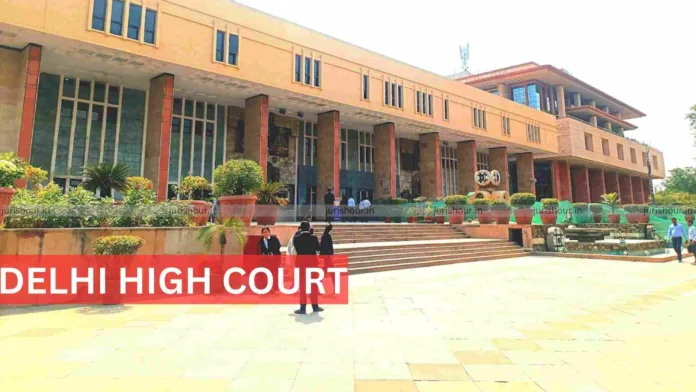The Delhi High Court has held that an Advocate is bound by the instructions given to him by his client and it does not form part of his duty to verify the truthfulness or veracity of such instructions especially for the reason that the assertions made by the parties before the Court in the form of pleadings or setting up a case are to be decided by the learned Court concerned in the proceedings and not by the lawyers representing the respective parties.
The bench of Chief Justice Devendra Kumar Upadhyaya and Justice Tushar Rao Gedela has has dismissed an appeal filed by appellant Chand Mehra, who had challenged the orders of the Bar Council of Delhi (BCD) and the Bar Council of India (BCI) rejecting his complaint of professional misconduct against three practicing lawyers.
The controversy began with a complaint filed by Mehra before the BCD, alleging that the three lawyers representing his adversaries in a cheque dishonour case under Section 138 of the Negotiable Instruments Act had acted without due diligence and advanced false claims on behalf of their clients.
However, on October 6, 2023, the BCD dismissed his complaint, holding that there was no professional relationship between Mehra and the respondent lawyers and hence no fiduciary duty was owed to him. The BCD further observed that whether allegations in the underlying cheque dishonour case were true or false was for the trial court to determine, not for the disciplinary authority against lawyers.
Mehra’s revision before the BCI also failed. On November 11, 2024, the BCI reiterated that advocates are bound to act on client instructions and are not required to investigate the veracity of their client’s case before representation. It relied on the Madras High Court’s ruling in R. Swaminathan v. Bar Council of Tamil Nadu (2014) to reinforce that a lawyer cannot be prosecuted merely because a client’s case turns out to be false.
The Bench noted that the Single Judge’s reasoning was sound and did not warrant interference.
The court underscored that advocates of an opposing party do not owe fiduciary duties to the adversary. Professional misconduct under Section 35 of the Advocates Act, 1961 could not be invoked merely because an adversary was dissatisfied with the opposing counsels’ representation. If allegations of perjury or fabrication of documents existed, remedies under Section 340 CrPC were already available and pending before the competent court.
Case Details
Case Title: Chand Mehra Versus Union Of India & Ors.
Case No.: LPA 431/2025 & CM APPL. 41457/2025
Date: 21.08.2025
Counsel For Appellant: Appellant in person
Counsel For Respondent: Bhagvan Swarup Shukla
Read More: 10 Important Provisions Of Promotion And Regulation Of Online Gaming, 2025

